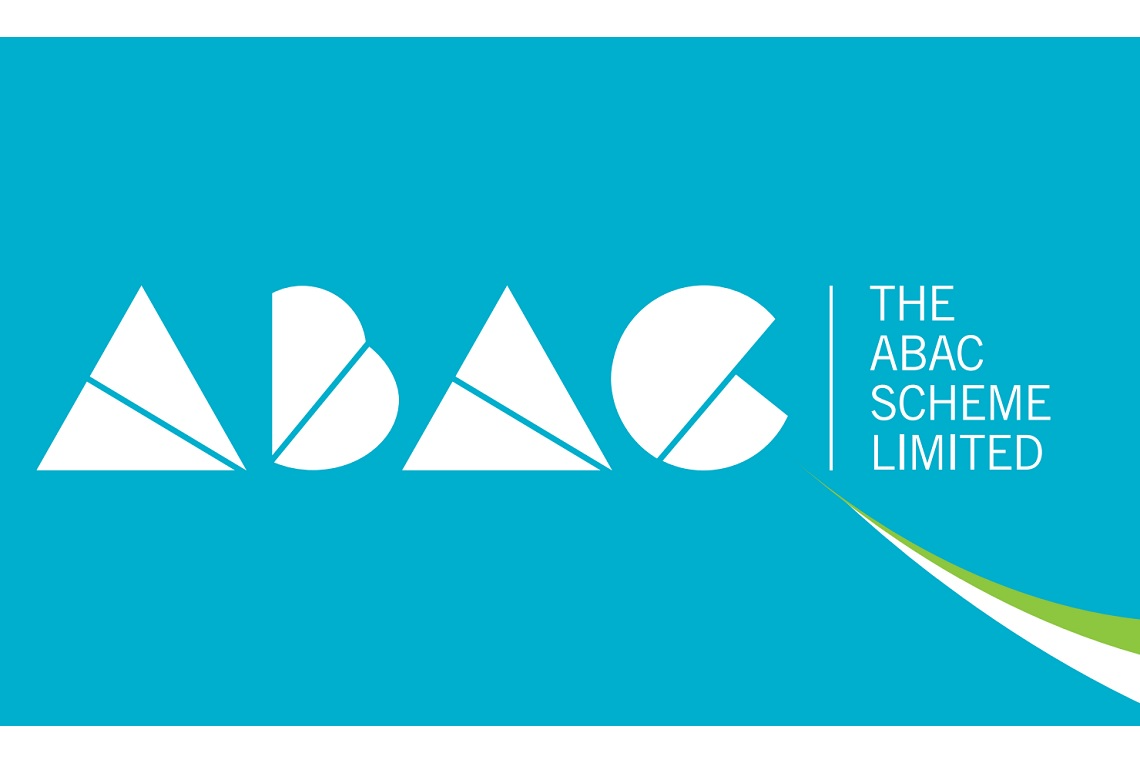The Alcohol Beverages Advertising Code (ABAC) scheme has reported strong demand recently for its pre-vetting service, despite a considerable overall reduction in complaints.
In ABAC’s first quarterly report for 2022, the organisation noted that the first three months of the year saw the sharpest reduction in complaints and determinations since 2019.
In the first quarter of 2022, ABAC received 27 complaints, with 12 referred for determinations. There were 11 such determinations made, with only six being upheld.
Nevertheless, ABAC’s pre-vetting service, where alcohol marketers can check their communications and packaging ahead of launch, is experiencing an upward trend, receiving 782 requests in Q1 2022. Of these submissions, 124 were rejected by ABAC.
ABAC Chair, Harry Jenkins AO, was glad to see the industry making use of this tool .
“We were pleased to see alcohol producers and retailers continue to increase their use of this service as an important independent check,” he said.
“Pre-vetting is the easiest and most efficient way for marketers to check their promotions and packaging are responsible before hitting the marketplace.”
2022 has also seen a changing of the guard at ABAC’s pre-vetting service, with Sally Walsh, a marketing teacher at UTS and a former advertising account manager, joining the team. Martin Salkild has departed, after spending 11 years as an ABAC pre-vetter.
Jenkins also announced that ABAC was “transitioning to a new upgraded pre-vetting lodgement system, which will bring considerable efficiencies for both users and ABAC.”
Jenkins reminds the industry that the pre-vetting service can be undertaken by both signatories and non-signatories to the Code, and also took the opportunity to reiterate the responsibility that producers and retailers had to implement age-gates on their social media platforms.
“We wish to remind alcohol advertisers that ABAC’s placement rules require available age restriction controls to be applied to restrict alcohol marketing on social media to adults and this is an area currently being monitored,” he said.
“The ABAC website includes links to a range of resources that provide step by step guides to activating age restrictions.”
ABAC’s full quarterly report, including the results of recent determinations, can be read here.

